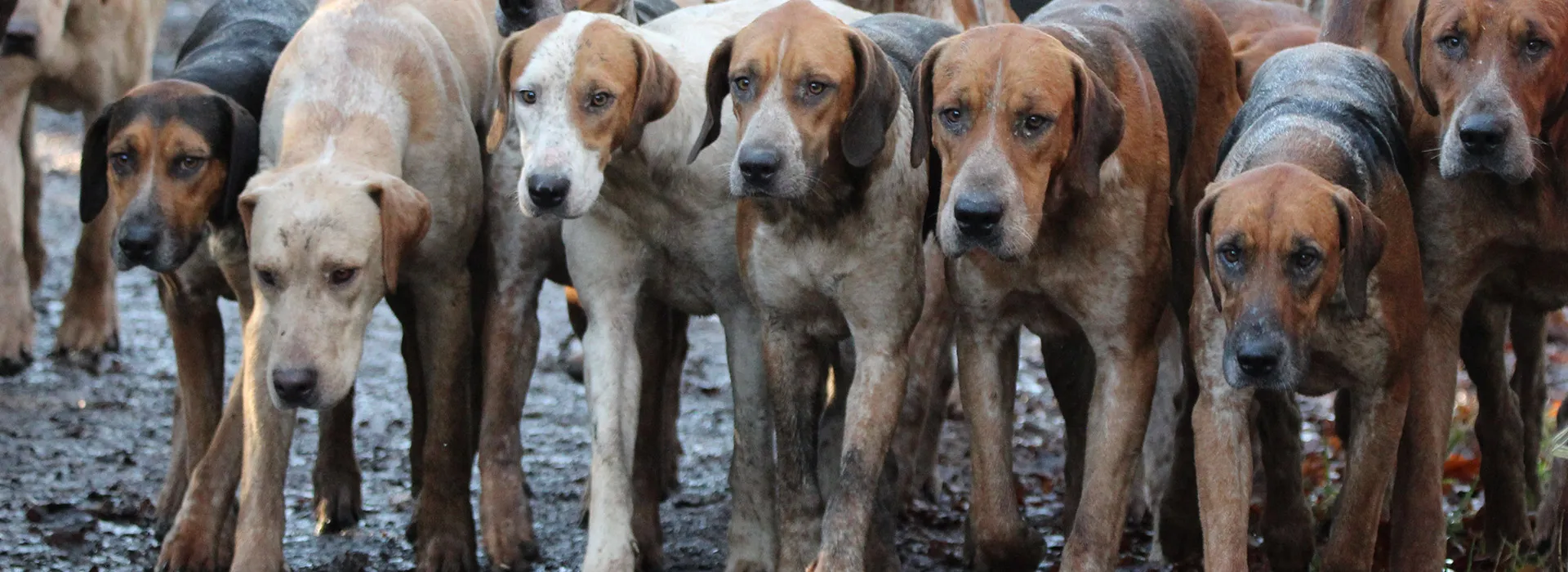A GAMEKEEPER who kept a quantity of deadly, banned pesticides has been fined by a court.
Richard McMorn was arrested following a joint investiugation involving Northumbria Police, the RSPB and Natural England, amid fears that the toxins were being used to kill wildlife.
McMorn, who is 48, was found to be in possession of a quantity of Yeltox, which had been banned under EC regulations in 2001. James Long, prosecuting, said that if taken in sufficent quantities Yeltox could prove lethal.He also had a quantity of Cymag which had been banned in 2004 and officers who searched his home at Ancroft Town Farm near Berwick also found quantities of Phostoxin and Anul Nitrate (Cyanide), two controlled substances which should have been kept under lock and key. However, the Fostoxin was found in a utility room, close to a pair of child’s wellington boots, which suggested the area was accessible to other people, whilst the Nitrate was found in a pheasant run less than 100 yards from a public footpath.
The Crown Prosecution Service said it was obvious both substances posed a considerable danger to the public.
McMorn, who has been a gamekeeper for 15 years, first came to the attention of the authorities when he was involved in a road traffic accident at Scremerston. The court was told that after his Landrover was involved in a two-vehicle smash he tried to conceal a glass jar containing a small amout of Yeltox by throwing it into a nearby hedgerow, but he was spotted by the other driver who reported him to the police and the jar was recovered.
Mr Ian O’Rourke, solicitor, said in mitigation, that McMorn had panicked and had tried to hide the Yeltox as he realised his vehicle would be taken away for repair. Along with representatives from the RSPB and Natural England, officers then obtained a search warrant which they executed at the defendant’s home where a small amount of the other pesticides was found.
Mr O’Rouke said McMorn had had the toxins for several years and used them in the control of wasps nests. Up until the bans had been imposed they had been generally used in the control of rabbits and foxes. He believed the investigation was part of a much larger inquiry by the authorities into the illegal killing of wildlife. A large amount of evidence had been gathered at the farm, but no charges had been brought in connection with any other incidents.
McMorn pleaded guilty to four charges of possession/storage of illegal and hazardous pesticides under the Wildlife and Countryside Act of 1981 and was fined a total of £600 with £70 costs. In passing sentence magistrates said ignorance of the law was no defence. He had acted recklessly and an aggravating feature of the case was the fact that he tried to dispose of one of the containers, which indicated he was aware of the restrictions.
Commenting on the case afterwards, James Leonard, RSPB investigations officer, said: “It is very worrying that these extremely dangerous chemicals were being stored and transported in such a casual and cavalier manner. We trust that this case will send a very clear wake-up call to gamekeepers or anyone else who may be illegally storing dangerous, banned substances that they need to clean up their act. These chemicals are extremely hazardous and are a clear danger to the public, wildlife and pets.
“No wildlife offences were linked to this case, but the RSPB is concerned that the poison Carbofuran was involved in this incident. Official figures show that Carbofuran is the most regularly abused pesticide for the illegal poisoning of wildlife in the UK and has featured in around 30% of all cases in the last 10 years. Though the legal use of Carbofuran in agriculture was withdrawn in 2001, it continues to pose a significant threat to UK wildlife. The presence of this and other dangerous chemical in the north east countryside poses a real risk to protected birds, such as the north east’s much-loved red kites.”



